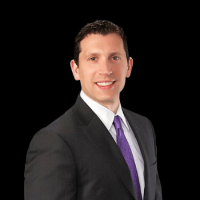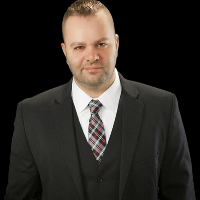Maryland Misdemeanor Lawyer List
Sponsored Law Firm
-
 x
x

Click For More Info:
-
Cromwell & Associates, LLC
7305 Baltimore Ave Suite 307 College Park, MD 20740» view mapEstate, Tax, and Real Estate Law Where Every Client Matters
At Cromwell & Associates, our firm is large enough to handle your diverse needs, but small enough to give you the personal attention you deserve.
240-667-7234
Charles L Waechter
✓ VERIFIEDOcean City Criminal Defense Law Firm If you face criminal charges, an experienced and respected defense lawyer can help protect your rights, evalua... (more)
Charles Waechter
✓ VERIFIEDAnnapolis Criminal Defense Law Firm If you face criminal charges, an experienced and respected defense lawyer can help protect your rights, evaluat... (more)
Wendy A. Cartwright
✓ VERIFIEDI have had the privilege of being in private law practice in Maryland for the last 19 years. I was a judicial law clerk for the Honorable Howard S. Ch... (more)
Oleg Fastovsky
Oleg Fastovsky is a lawyer in the state of Maryland who handles Criminal cases. He has tried cases in the areas of assault, drug charges, DUI, felon... (more)
Kush Arora
Kush Arora is a lawyer in the state of Maryland who focuses on Criminal cases. He has tried cases in the areas of assault, DUI, drug charges, bur... (more)
FREE CONSULTATION
CONTACTJason A. Kerpelman
FREE CONSULTATION
CONTACTFREE CONSULTATION
CONTACT Stephen Cromwell College Park, MD
Stephen Cromwell College Park, MD AboutCromwell & Associates, LLC
AboutCromwell & Associates, LLC







